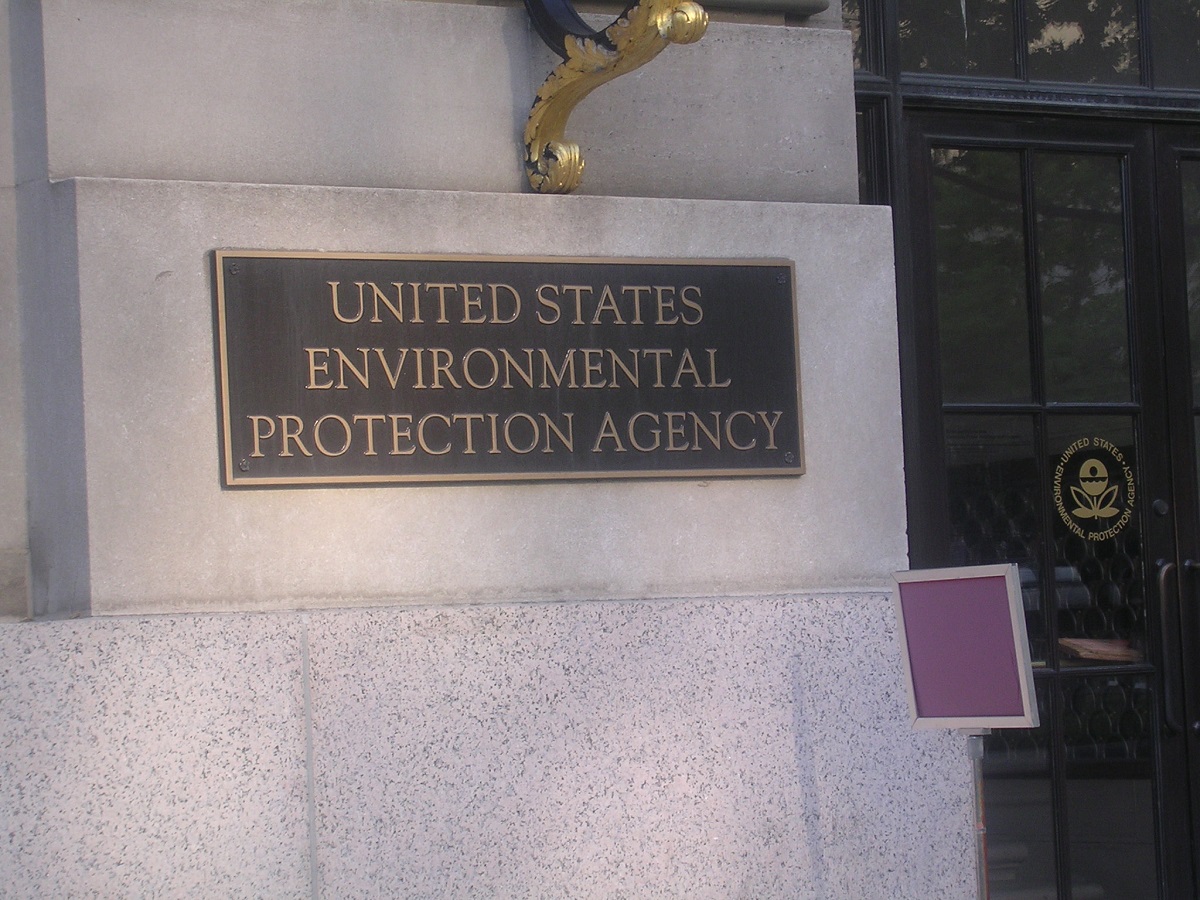As of March 15, the United States Senate has confirmed 16 of President Joe Biden’s 23 Cabinet-level appointments, completing about 70% of the Cabinet confirmation process. Several of those Cabinet members will make decisions directly impacting the recycling industry in terms of policy, economics, strategy, and more. ISRI’s Adina Renee Adler, vice president of advocacy, and David Eaton, director of government relations, provided a rundown of the roles most likely to affect the work recyclers are doing—and what recyclers can expect from the Cabinet for the next few years.
Michael Regan—Environmental Protection Agency Administrator
Confirmed March 10, Regan joined the Biden Administration from North Carolina’s Department of Environmental Quality, where he served as secretary. Regan’s recent work in North Carolina includes creating the clean-energy plan mandating that state utilities cut their output of climate-changing gases to 70% below 2005 levels and negotiating the largest coal-ash removal settlement in U.S. history, Eaton says.
A former EPA air quality specialist, Regan will work to advance Biden’s climate change and environmental justice priorities and will help integrate them into all federal agencies—a strategy Biden announced in an executive order issued Jan. 27. Biden is expected to unveil a wide-ranging climate strategy in April, Eaton says, which could result in tighter pollution standards, targeted investments, and changes in federal procurement. In addition, Regan’s EPA recently received nearly $100 million for grants, contracts, and other government activities that identify and address disproportionate environmental or public health harms and risks on low-income and minority communities, Eaton says, as a result of the $1.9 trillion COVID-19 stimulus bill, passed through Congress on March 9.
ISRI members in North Carolina have reported positive experiences working with Regan, Adler says. “He has an open-door policy. He’s willing to talk to all stakeholders, from business to civil society,” she says. “He’s very thoughtful and pragmatic.” While Regan has a strong interest in social and environmental justice, he’s also concerned with building consensus and finding common ground, Adler says.
Gina Raimondo—Secretary of Commerce
Raimondo, the former governor of Rhode Island, was sworn in as U.S. Secretary of Commerce on March 3. During her confirmation hearing in February, Secretary Raimondo “took a strong stance against several of China’s anti-competitive practices, including the dumping of cheap steel and aluminum into the U.S.,” Eaton says. She also mentioned plans to review U.S. policies on China and consult with allies, manufacturers, and other stakeholders to take a strong stance against unfair trade practices, including intellectual property theft and subsidizing companies to sell products below market value. Raimondo has also said she believes tariffs have had some “effect,” Adler says, but it is unclear how and if she plans to proceed with the tariffs introduced by the Trump Administration.
Raimondo expressed commitments to prioritize increasing the nation’s share of the global semiconductor manufacturing industry, to exploring various incentives to support American companies with moving supply chains grounded in domestic industries, and to swiftly implementing the enacted Save Our Seas 2.0 law, which establishes requirements and incentives to reduce, recycle, and prevent marine debris, including developing a strategy to improve waste management and recycling infrastructure, Eaton adds.
Katherine Tai—U.S. Trade Representative
Tai, who was approved by the Senate Finance Committee on March 3, awaits her confirmation by the full Senate, which could be scheduled any day. Tai is a former House Ways and Means Committee trade lawyer and former China trade enforcement head at the U.S. Trade Representative’s Office of General Counsel.
During her Senate Finance Committee confirmation hearing, Eaton says, Tai told the panel she’d work with the Commerce Department on developing policy on tariffs and added that there is a significant global marketplace problem on steel and aluminum, which is primarily driven by China’s overcapacity. She said the two departments will develop an effective solution that considers a wide range of policy tools to address China and the global market problem. Tai committed to reviewing Section 301 U.S. tariffs on Chinese goods and to strongly considering the possibility of the U.S. re-entering the Trans-Pacific Partnership (TPP), but gave no further details, Eaton says.
Pete Buttigieg—Secretary of Transportation
Former South Bend, Ind., mayor and 2020 presidential hopeful Pete Buttigieg was confirmed as Secretary of Transportation on Feb. 2. Although his role is less directly tied to the recycling industry than the other three positions, Buttigieg is expected to lead efforts to develop and implement a major infrastructure bill in the near future. The plan will likely include efforts to rebuild roads, bridges, dams, railroads, and other infrastructure, which could create a demand pull for certain metal scrap, like steel and aluminum grades. In addition, the Department of Transportation presides over policy concerning most transportation logistics, including trucks and other shipping methods.
ISRI plans to work with each of the listed departments and administrators, Adler and Eaton say. ISRI has already reached out to Regan and hopes to promote recycling’s role in the circular economy and provide the industry’s perspective as the agency takes on environmental justice issues, in order to avoid “incidental harms” that can come from leaving the industry out of the conversation, Eaton says. ISRI is also excited to work with both the U.S. Trade Representative’s Office and the Commerce Department to communicate the role of internationally traded recyclable commodities in the circular economy, Adler notes. Finally, ISRI will follow infrastructure developments and advocate for the use of recyclable material in new projects, which can reduce emissions and stimulate domestic markets.
Stay up to date on political issues affecting recycling by attending Recycling in the 117th Congress, a session that will be held at ISRI2021, ISRI’s virtual convention, from 2:45 p.m. to 3:05 p.m. EST on Tuesday, April 20. Click here to register for ISRI2021.
Image by mccready at flickr.com.













